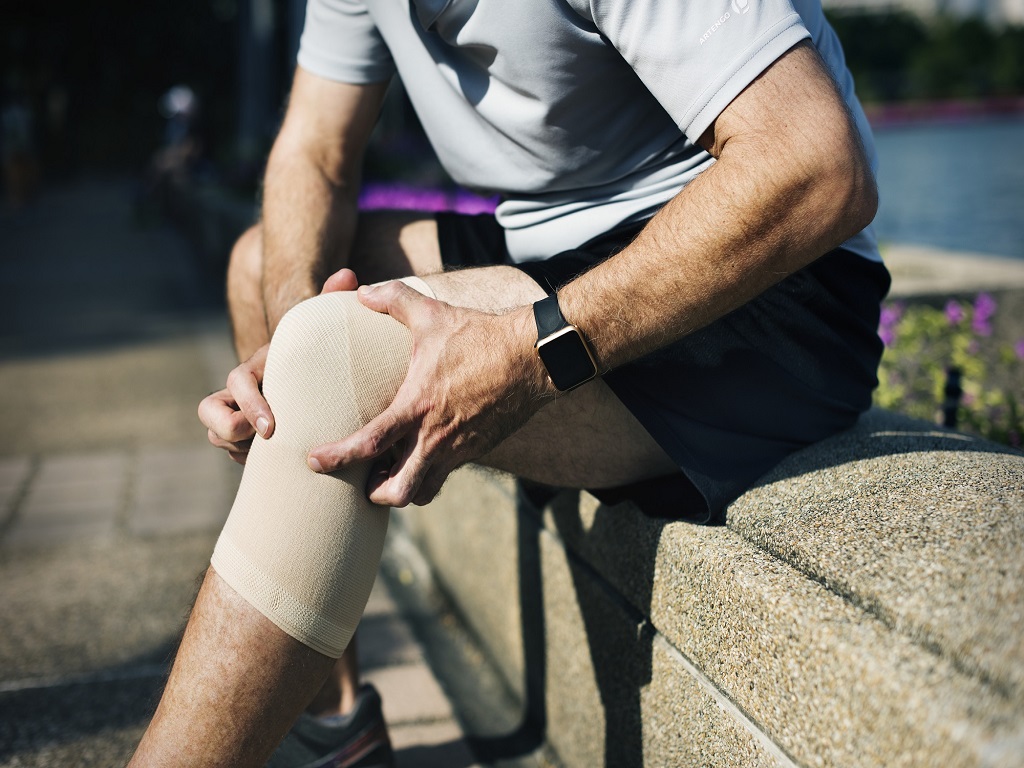Knee ligaments are the static stabilizing structures for rotational and accessory motions of the tibiofemoral (knee) joint. Out of the four primary ligaments, Anterior Cruciate Ligament (ACL) is the most commonly injured ligament. ACL injuries occur when it is sudden or quick movement, sharp rotational movement when weight-bearing, sharp turn when running or jumping, etc. It is often painful and the weight shift on the affected leg worsens the pain and makes it difficult.
What Causes ACL Injury?
Athletes often get ACL injuries. ACL injuries are caused when the athletes quickly change the direction and force of the movement. In sports like football, basketball, tennis, etc. there is often pivoting, twisting and cutting movements that put a great amount of stress force on the knee joint. The ACL integrates the knee joint against these forces. ACL injuries generally occur when the sportsperson attempts to twist the body on the planted foot and places weight on it. Due to this, a twisting force that ideally ACL must absorb is created. Failure of the ACL to cope with the excess twisting force causes the rupture of the ACL.
Symptoms Of ACL Injury
- Pain: Pain occurs when putting pressure or weight on the knee joint. Walking becomes difficult because of pain and restricted motion at the knee joint.
- Swelling: Most likely to happen in the first 24 hours after injury.
- Reduced Range Of Motion: The ranges of knee flexion (unable to bend your knee) become restricted.
Diagnosis Of ACL Injury
For diagnosis of ACL injury, MRI and physical examination prove to be a great combination.
ACL Injury can be diagnosed in the following ways:
- Physical examination: Specific tests to ACL are performed by the healthcare provider. Special tests such as Lachman’s test, Anterior Drawer’s Test, etc. The patient lies on his back and the doctor performs these tests. Often the patient complains of a lot of pain after an acute injury. So, a physical test can be difficult and the doctor relies on an MRI.
- MRI: Doctors rely on MRI for its accuracy as MRI can show both soft tissues and bone. A damaged ACL will appear on an MRI.
Treatment Of ACL Injury
Treatment of ACL injury depends on the level of injury and the pain scale. Here are a few treatment options.
- Take off the load: If the injury is minor, RICE (Rest, Icing, Compression & Elevation) can be practiced. Take off the load on the knee joint by using a brace, or crutches.
- Medication: As recommended by the doctor, anti-inflammatory drugs for swelling are often prescribed. The doctor may also use other methods such as steroid injections.
- Physiotherapy: An exercise protocol for a few weeks will be given which focuses on the protection of healing tissues, preventing extensor lag (reflex inhibition of muscle), decreasing swelling, achieving active control of ROM, weight-bearing as tolerated, and establishment of a home exercise program.
- Surgery: If your ACL is badly torn, if your knee gives way when you walk, or if you’re an athlete, your doctor may recommend surgery. A surgeon will remove the damaged ACL and replace it with tissue to promote the growth of a new ligament in its place. People who have had surgery can often return to sports within a year with post-operative physical therapy.
Prevention Of ACL Injury
Many of the non-contact injuries can be avoided with exercises, particularly those that emphasize balance, strength, and plyometrics. If an athlete wants to avoid injury, they must be aware of their limbs’ relative contact with the ground and twisting movements. They should take care to understand the improper placement and quickly re-orient their limbs into a safe position.
Why Choose Sancheti Hospital, Pune for ACL Treatment?
- 56 Years Of Experience in Orthopedic and Rehabilitation.
- Use of latest technologies and types of equipment.
- In-patient and Outpatient physiotherapy.
- Hassle-free appointment.
For more details or queries, reach us at our appointment number: 88888 088 45








0 comments on “ACL Injury: Causes, Treatment and Prevention”